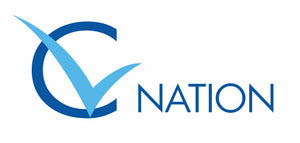Job interviews for executive roles are difficult. Competition is tough and you only get one chance to make a positive impression.
To help you ace your executive interview, we’ve detailed 20 of the most common interview questions for executives. We also explain how to answer these questions and provide sample answers.
This guide includes the most common interview questions for all executives, including CEOs, COOs, CFO and CIOs.
